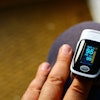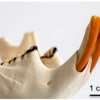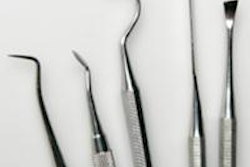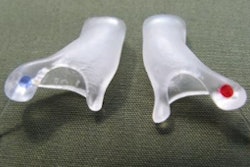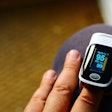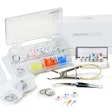Clinicians should avoid routine off-label use of certain bone graft substitutes in patients younger than 18 years of age with bone disorders because of the risk for serious injury, according to the U.S. Food and Drug Administration (FDA).
The bone graft substitutes in question contain recombinant proteins or synthetic peptides that mimic natural bone-growth substances, according to the FDA announcement. Combined with a carrier or scaffold, these ingredients are implanted in patients to replace or heal an existing bone or to promote new bone growth.
The FDA has approved such bone graft substitutes for orthopedic and dental use in patients 18 years of age and older whose bones have stopped growing. However, the bone graft substitutes have never been approved for a younger population whose skeletons are still developing, the FDA said, because the extra stimulation for bone growth can lead to serious injuries. The agency noted that it has not reviewed the safety and effectiveness of these bone graft substitutes in patients younger than 18.
Clinicians now use bone graft substitutes incorporating recombinant proteins and synthetic peptides on an off-label basis for patients younger than 18 years. But the FDA has received reports of excess bone growth, fluid accumulation, inhibited bone healing, swelling, and other adverse events in this population.
These problems occur in older patients, but pose more of a threat to younger patients because of their ongoing bone growth and overall smaller size, the FDA noted. For example, the excess bone growth and fluid accumulation that can result from using one of these products in the spine can more easily lead to spinal cord damage in a younger patient than an older one. That is because there is less space between the spinal cord and the surrounding bones in younger patients. Similar adverse events can put harmful pressure on other adjacent tissues and organs.
The FDA statement includes the following:
The agency does not recommend routine use of the products in patients under age 18 because their safety and effectiveness has not been reviewed or approved for use in this population.
Practitioners should consider alternatives such as autograft bone, allograft bone, and bone graft substitutes that do not contain recombinant proteins or synthetic peptides before using bone graft substitutes containing recombinant proteins and synthetic peptides in patients under age 18.
Carefully consider the benefits and risks before using these products in any patient. If considered the best or only option, inform parents/guardians and patients about the risks and benefits of using the product when discussing surgical options.
Closely monitor patients under age 18 for adverse events and if necessary, refer them to the appropriate healthcare provider for corrective treatment. Adverse events may include problems with skeletal development, excess growth of other tissues, and tissue swelling or fluid accumulation that could put pressure on adjacent organs or tissues.
Report to the FDA if you become aware of a patient experiencing an adverse event associated with the use of recombinant proteins or synthetic peptides.
